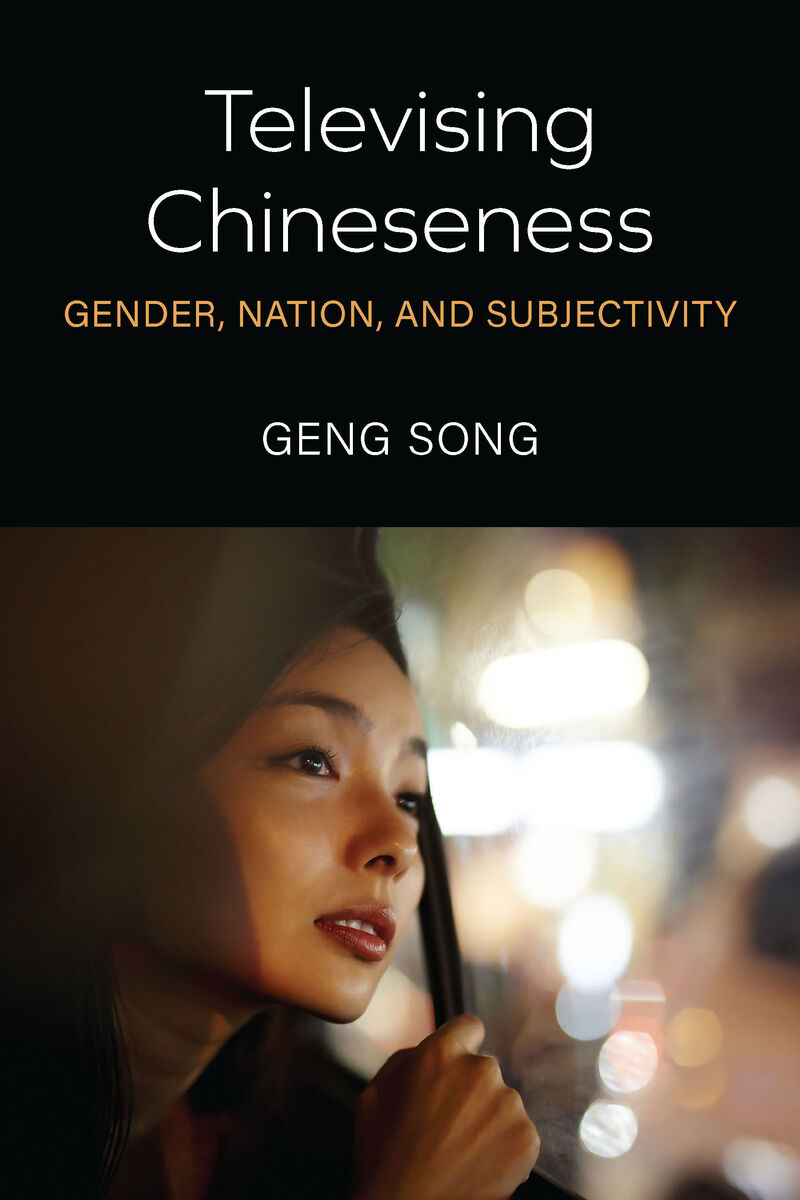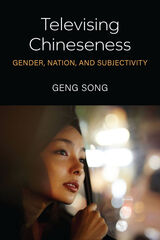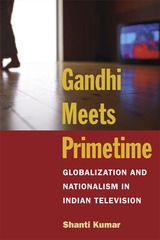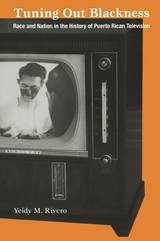Televising Chineseness: Gender, Nation, and Subjectivity
University of Michigan Press, 2022
Cloth: 978-0-472-07529-4 | Paper: 978-0-472-05529-6 | eISBN: 978-0-472-22004-5 (standard)
Library of Congress Classification PN1992.3.C6S66 2022
Dewey Decimal Classification 791.456521
Cloth: 978-0-472-07529-4 | Paper: 978-0-472-05529-6 | eISBN: 978-0-472-22004-5 (standard)
Library of Congress Classification PN1992.3.C6S66 2022
Dewey Decimal Classification 791.456521
ABOUT THIS BOOK | AUTHOR BIOGRAPHY | REVIEWS | TOC | REQUEST ACCESSIBLE FILE
ABOUT THIS BOOK
The serial narrative is one of the most robust and popular forms of storytelling in contemporary China. With a domestic audience of one billion-plus and growing transnational influence and accessibility, this form of storytelling is becoming the centerpiece of a fast-growing digital entertainment industry and a new symbol and carrier of China’s soft power. Televising Chineseness: Gender, Nation, and Subjectivity explores how television and online dramas imagine the Chinese nation and form postsocialist Chinese gendered subjects. The book addresses a conspicuous paradox in Chinese popular culture today: the coexistence of increasingly diverse gender presentations and conservative gender policing by the government, viewers, and society. Using first-hand data collected through interviews and focus group discussions with audiences comprising viewers of different ages, genders, and educational backgrounds, Televising Chineseness sheds light on how television culture relates to the power mechanisms and truth regimes that shape the understanding of gender and the construction of gendered subjects in postsocialist China.
See other books on: Asian Studies | Gender identity on television | Sex role on television | Subjectivity | Television series
See other titles from University of Michigan Press























